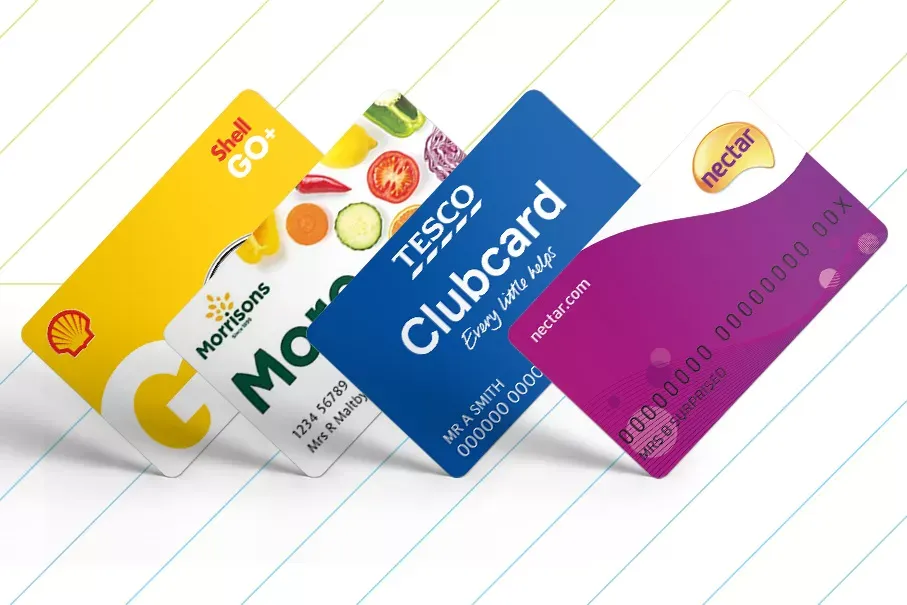04/11/2015

What is telematics?
Telematics is a software system that is installed in vehicles to monitor the performance of your fleet, and analyses key data including hours, miles, and fuel consumption. When used effectively, the data that the software provides can help to reduce vehicle wear and tear, improve driver efficiency and lower fuel bills.
The information from the telematics system is relayed in real-time to computer based software and can be accessed at any time to monitor the fleet or individual driver behaviour.
How does telematics work?
Telematics systems monitor the location, movement, status and behaviour of your vehicles. Practical applications include:
- Driver behaviour – You will be able to monitor the driving style of individuals in the team and analyse levels of excessive speeding, hard braking and rapid acceleration. By evaluating driver behaviour you will be able to encourage improved driving styles, which will help to reduce vehicle wear and tear and fuel bills.
- Mapping – This can help to communicate more efficiently with driver and customer, accurately relaying to customers the location of vehicles and expected arrival time of deliveries.
- Geo-fencing – A key function is to set time and location limits for vehicles, so that even without constant monitoring you know that your vehicles are where they should be. An alert will be sent to the fleet manager if the driver has driven outside of these limitations, or whether they are using the vehicles for non-work purposes out of hours e.g. in the evening or at weekends.
- Service and maintenance – By tracking mileage and usage you will be able to plan ahead for servicing and reduce vehicle downtime.
- Mileage and CO2 monitoring – The software can monitor distance and speed data to calculate accurate mileage and C02 reports, which can generate HMRC compliant expense reports.
Do I need a telematics system for my fleet?
The decision to install a telematics system into a fleet is not one to be taken lightly and fleets need to consider the immediate and longer-term benefits of the technology.
There are many things to take into consideration, for instance do you have good network coverage for the system to work effectively? Is it user friendly? Will you be using the data effectively? Is the cost too high?
For smaller fleets running less than five vehicles, it can be a more cost-effective to utilise the data tools they already have more efficiently. The fuelGenie Fuel Cards provide real-time data reporting through an online customer portal to enable fleet managers to download information about card usage and mileage reports.
Fleet managers can use fuel card data to advise the best route options, recommend cheaper places to fill up - such as supermarket forecourts and monitor vehicle performance based on fuel consumption. This information can also help signal when fleet vehicles need replacing and highlight the best vehicle models based on fuel efficiency.
Spend and usage reports can be generated at any time, enabling the monitoring of finances and fuel efficiency of all company vehicles. Transactions and reports can be downloaded to Microsoft Excel, enabling customised reports to speed up account reconciliation.
What are your experiences of telematics? Let us know on LinkedIn and Twitter.


